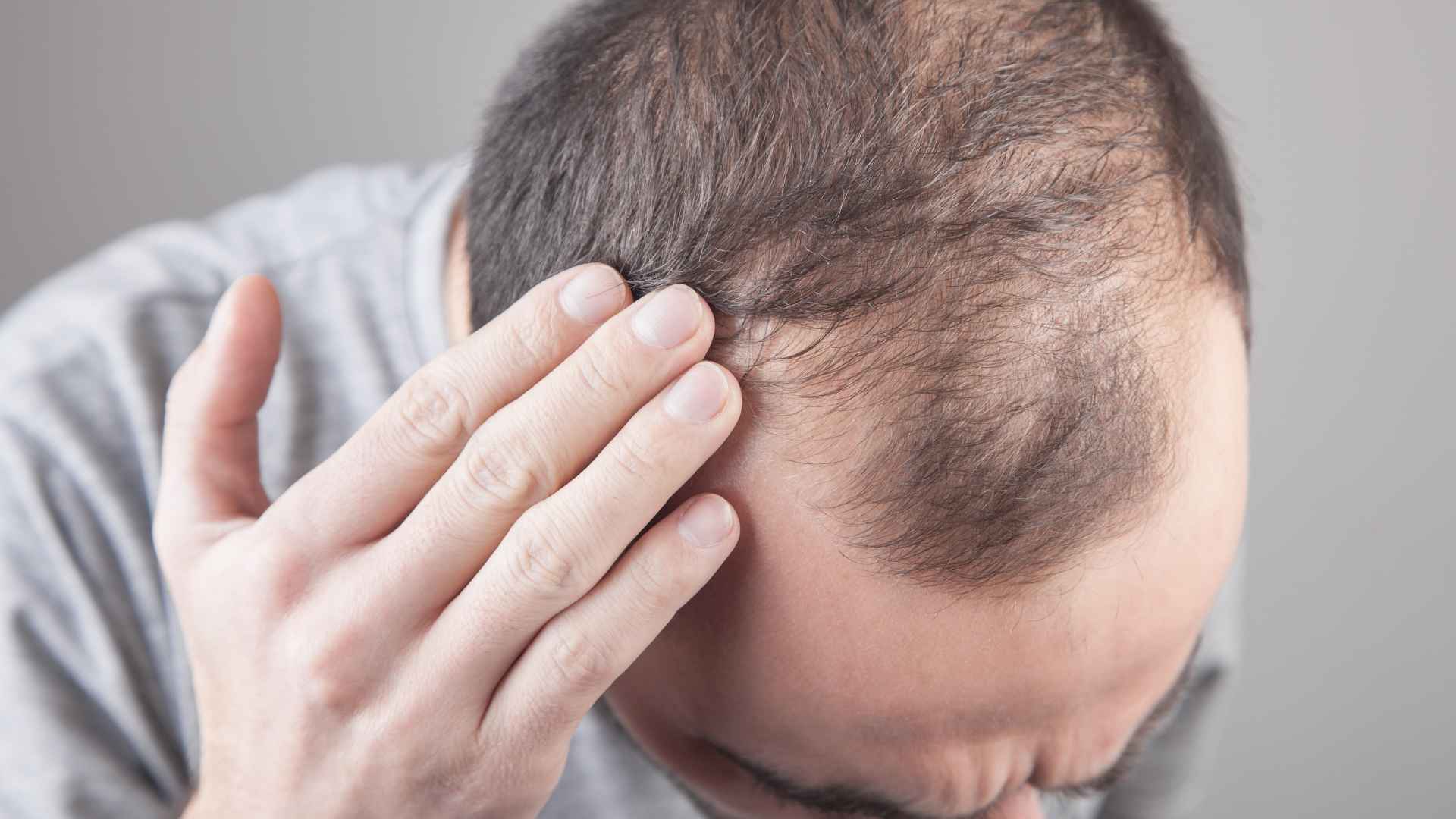The world of fitness and bodybuilding is often filled with various supplements that promise to enhance performance and muscle growth. One such supplement that has garnered attention, both positive and negative, is creatine. While it is widely recognized for its benefits in increasing strength and muscle mass, there have been concerns raised about its potential connection to hair loss. In this article, we will dive into the topic and examine whether there is any factual basis to the claim that creatine causes hair loss.
Hair loss is a common concern for many individuals, and understanding the potential factors contributing to it is essential. With creatine being a popular supplement among athletes and fitness enthusiasts, it is important to address the question of its impact on hair health. By exploring the available evidence and separating fact from fiction, we can gain a clearer understanding of the relationship between creatine supplementation and hair loss.
In the following sections, we will delve into the science behind hair loss, examine the mechanism of action of creatine, review relevant studies, and analyze the potential link between creatine and hair loss. By the end of this article, you will have a well-informed perspective on this debated topic, enabling you to make an educated decision regarding the use of creatine and its possible effects on your hair. Let’s unravel the truth about creatine and hair loss.
Understanding Creatine
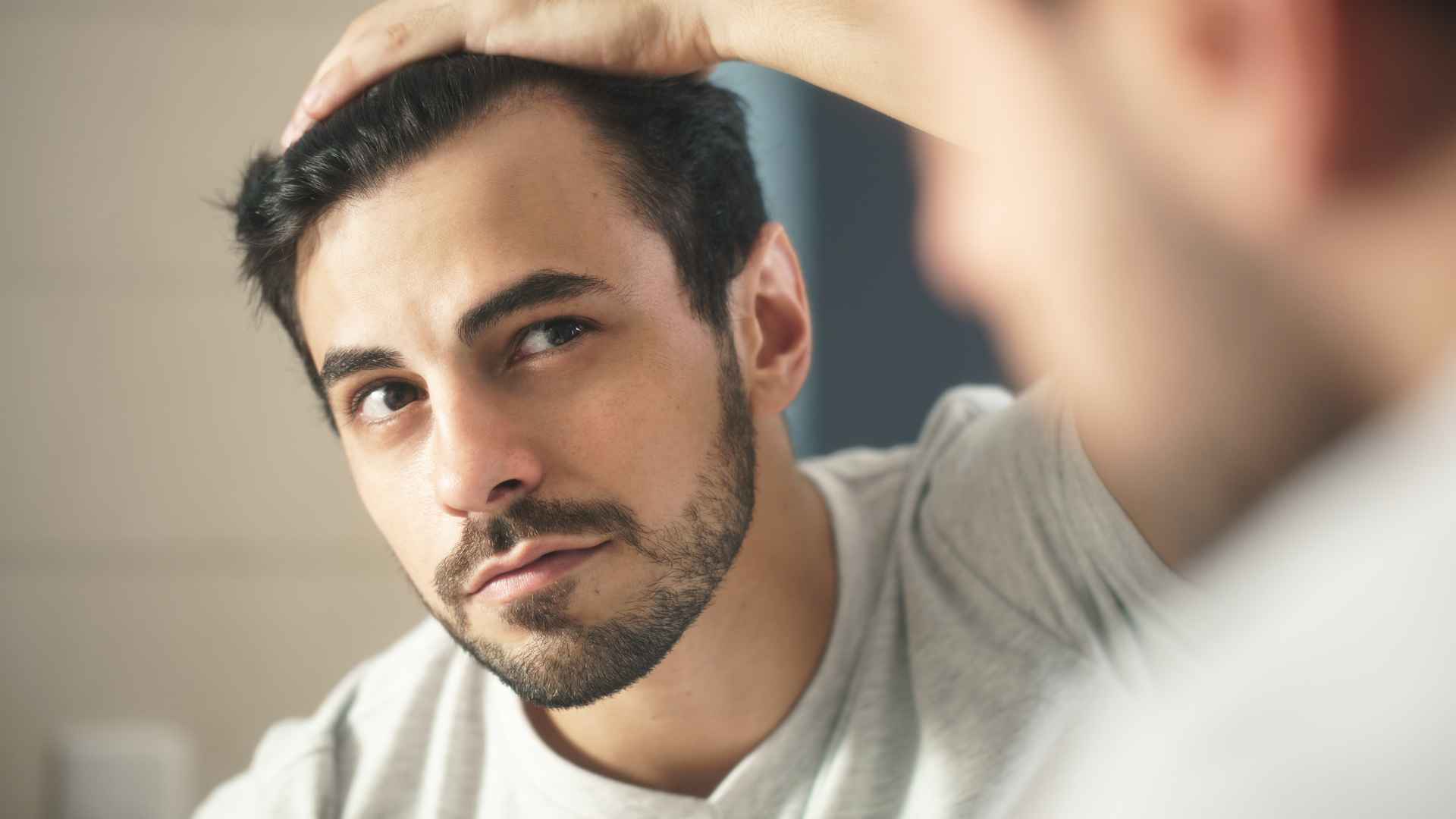
Creatine is a naturally occurring compound that is found in small amounts in various animal products and can also be produced by the body. It is synthesized in the liver, kidneys, and pancreas from the amino acids glycine, arginine, and methionine. Creatine plays a vital role in the energy metabolism of cells, especially during high-intensity activities.
Once ingested or synthesized, creatine is converted into phosphocreatine and stored in the muscles. During intense physical activities like weightlifting or sprinting, the body relies on adenosine triphosphate (ATP) as its primary energy source. However, ATP levels deplete rapidly, limiting the muscles’ ability to perform at high intensity.
Here is where creatine comes into play. Phosphocreatine donates a phosphate molecule to ADP (adenosine diphosphate), regenerating ATP and providing an immediate source of energy. This process helps to replenish ATP stores and allows muscles to sustain high-intensity contractions for a longer duration.
In essence, creatine acts as an energy reservoir, enhancing the body’s capacity for short-term, intense physical exertion. It is widely used by athletes and fitness enthusiasts to improve strength, power output, and overall exercise performance.
While creatine primarily exerts its effects in the muscles, its use has raised concerns regarding potential effects on other aspects of health, including hair loss. In the next sections, we will explore the relationship between creatine supplementation and hair loss, examining the available evidence to separate fact from speculation.
The Hair Loss Myth
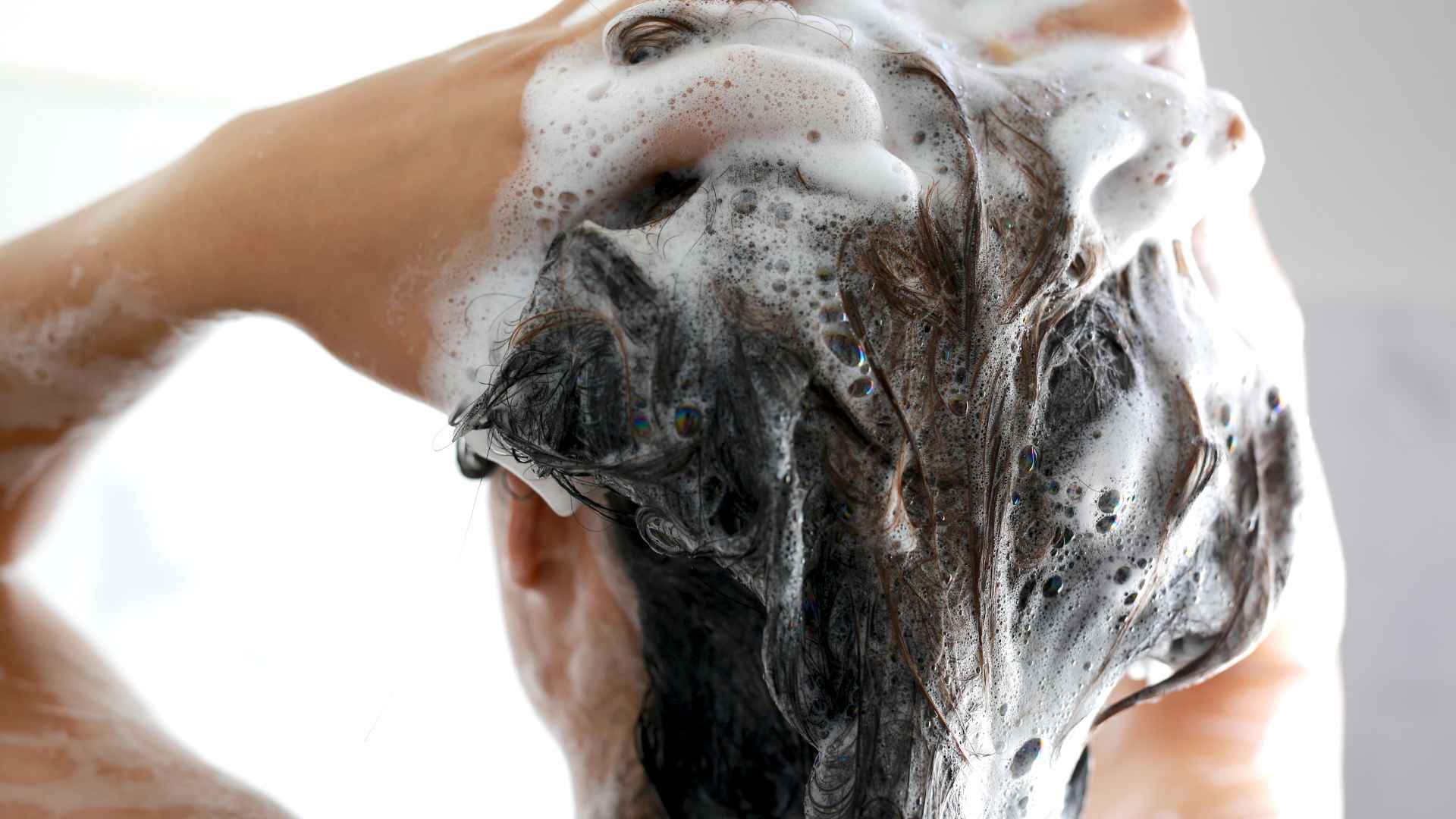
One prevalent belief surrounding creatine usage is that it can lead to hair loss. This notion has gained attention and sparked concern among individuals who are considering or currently using creatine supplements. However, it is important to approach this claim with a critical mindset and seek scientific evidence to support or debunk the myth.
Anecdotal evidence: Personal stories and experiences shared online, emphasizing the need for scientific evidence.
When exploring the link between creatine and hair loss, anecdotal evidence often surfaces. Personal stories and experiences shared online may contribute to the belief that creatine is responsible for hair loss. It is crucial to recognize that anecdotal evidence alone is not sufficient to draw definitive conclusions.
Many factors can contribute to hair loss, including genetics, hormonal changes, nutritional deficiencies, stress, and certain medical conditions. Hair loss can occur independently of creatine usage, leading to a potential correlation based on coincidence rather than causation.
It is worth noting that individuals who experience hair loss while using creatine might be more inclined to attribute it to the supplement due to their awareness of the myth. Confirmation bias may influence their interpretation of the situation. Therefore, it is essential to rely on scientific research and studies to provide a more accurate understanding of the potential effects of creatine on hair loss.
In the following sections, we will delve into the scientific evidence and explore studies conducted to investigate the alleged connection between creatine usage and hair loss. By examining empirical data, we can gain a clearer perspective on whether there is a genuine association or if the hair loss myth surrounding creatine is unfounded.
Scientific Research on Creatine and Hair Loss
To determine the potential link between creatine supplementation and hair loss, researchers have conducted various studies. While the number of studies specifically focusing on this topic is limited, some research has investigated the effects of creatine on hormone levels, including those associated with hair loss.
Study findings: Results of these studies, highlighting whether they support or refute the claim that creatine causes hair loss.
The available scientific studies do not provide substantial evidence to support the claim that creatine causes hair loss. Here are the findings of some relevant studies:
- A study published in the “Journal of Sports Medicine and Physical Fitness” in 2014 examined the effects of creatine supplementation on hormonal profiles in resistance-trained men. The study found no significant alterations in hormone levels, including dihydrotestosterone (DHT), which is associated with hair loss.
- Another study published in the “Journal of the International Society of Sports Nutrition” in 2007 investigated the effects of creatine supplementation on testosterone, DHT, and cortisol levels in male rugby players. The study reported no significant changes in these hormone levels over a 21-day period of creatine supplementation.
- In a study published in the “International Journal of Sport Nutrition and Exercise Metabolism” in 2009, researchers investigated the effects of creatine supplementation on hormonal responses to resistance training in women. The study found no significant differences in DHT levels between the creatine and placebo groups.
While these studies do not directly measure hair loss as an outcome, they provide insights into the potential hormonal effects of creatine supplementation. Hair loss, particularly male pattern baldness, is often associated with elevated levels of DHT. The fact that these studies did not find significant changes in DHT levels suggests that creatine supplementation is unlikely to directly contribute to hair loss.
It is important to acknowledge that the existing scientific research on this specific topic is limited, and further studies are needed to provide a more conclusive understanding. However, based on the current available evidence, there is no solid scientific basis to support the claim that creatine supplementation directly causes hair loss.
In the following sections, we will continue to explore this topic by examining other potential factors that may contribute to the hair loss myth and provide practical advice for those considering or using creatine supplements.
Understanding Hair Loss
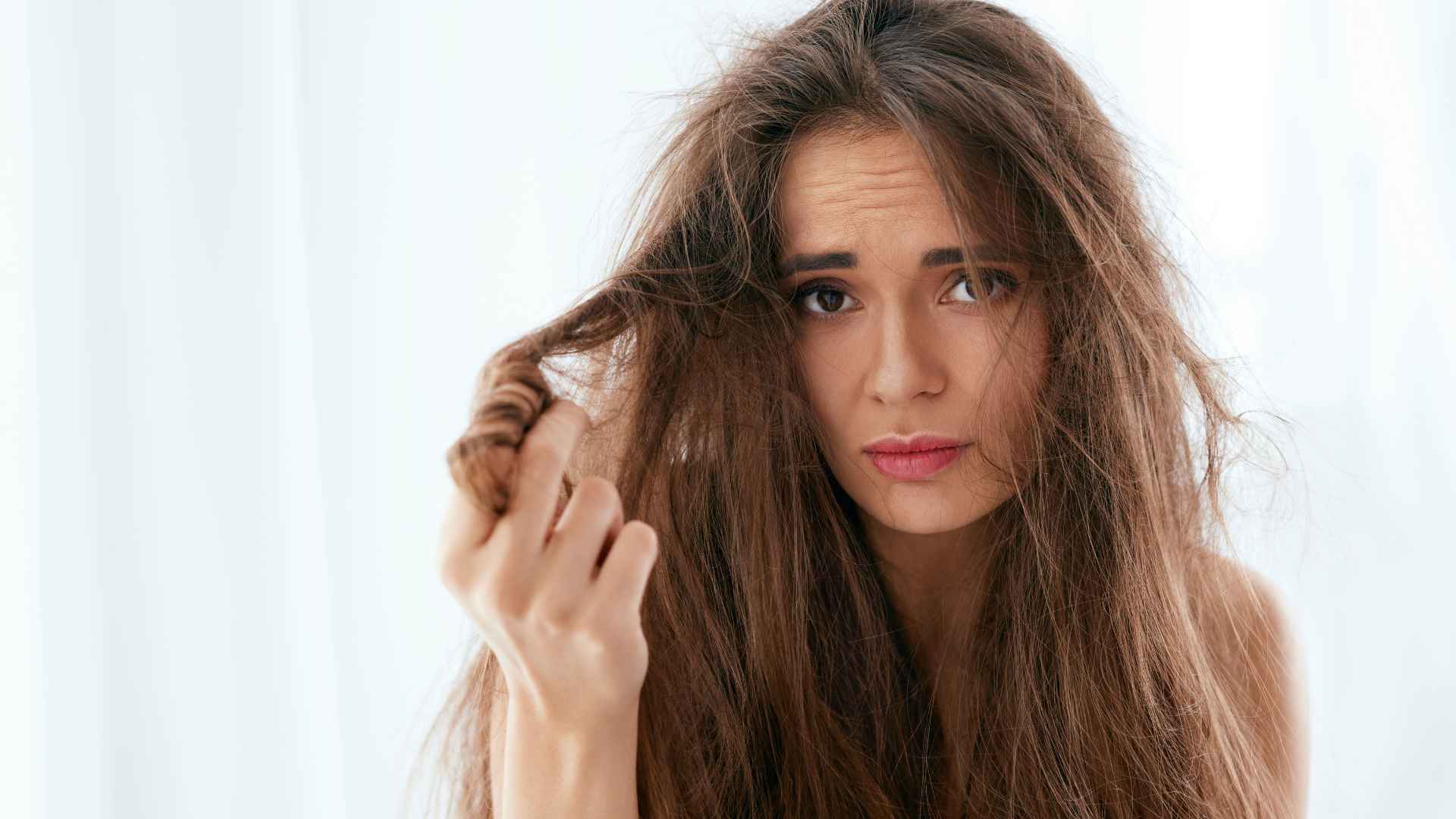
Hair loss can occur due to various factors, and it is essential to have a broader understanding of the common causes. Let’s explore the factors contributing to hair loss and delve into the role of dihydrotestosterone (DHT) in androgenic alopecia, a prevalent form of hair loss.
Factors Contributing to Hair Loss:
- Genetics: Family history and hereditary factors play a significant role in hair loss. Androgenic alopecia, also known as male or female pattern baldness, is the most common type of hair loss and is strongly influenced by genetic predisposition.
- Hormonal Imbalances: Hormonal changes can contribute to hair loss. Imbalances in hormones such as androgens (e.g., testosterone) and estrogen can affect the hair growth cycle. Conditions such as polycystic ovary syndrome (PCOS) and thyroid disorders can also lead to hair loss due to hormonal imbalances.
- Stress: Physical or emotional stress can trigger hair loss. Telogen effluvium is a condition in which hair prematurely enters the resting phase of the hair growth cycle due to stress, resulting in excessive shedding. Stress can also contribute to hormonal imbalances, further exacerbating hair loss.
- Nutritional Deficiencies: Inadequate nutrition can impact hair health. Deficiencies in vitamins, minerals (such as iron and zinc), and essential fatty acids can lead to hair thinning and shedding. Proper nutrition is crucial for maintaining healthy hair follicles and promoting hair growth.
Androgenic alopecia and its connection to hair loss: Role of dihydrotestosterone (DHT) in androgenic alopecia, a common form of hair loss in both men and women.
Androgenic alopecia is a common form of hair loss that affects both men and women. It is characterized by a progressive reduction in hair follicle size, leading to shorter, finer, and less pigmented hair strands. The primary contributor to androgenic alopecia is the hormone dihydrotestosterone (DHT).
DHT is derived from testosterone through the action of an enzyme called 5-alpha-reductase. In individuals genetically predisposed to androgenic alopecia, DHT binds to receptors in the hair follicles, leading to a gradual miniaturization of the follicles. This miniaturization process shortens the hair growth cycle, resulting in thinner and shorter hair strands until the follicles cease producing visible hair altogether.
It’s important to note that while DHT plays a significant role in androgenic alopecia, it is not the sole factor involved. Genetic factors, other hormonal imbalances, and environmental influences contribute to the development and progression of this condition.
Understanding the factors contributing to hair loss, including genetics, hormonal imbalances, stress, and nutritional deficiencies, provides a broader perspective on the complexity of this issue. In the following sections, we will continue to explore the relationship between creatine supplementation and hair loss, considering these factors and providing practical advice for maintaining healthy hair.
Mechanism of Creatine and Hair Loss:
The potential interaction between creatine and dihydrotestosterone (DHT) in relation to hair loss is a topic of interest, although the exact mechanisms are not yet fully understood. Here are some potential mechanisms that have been suggested:
- Increased Conversion of Testosterone to DHT: One proposed mechanism is that creatine supplementation may lead to increased conversion of testosterone to DHT. This conversion is facilitated by the enzyme 5-alpha-reductase. Elevated levels of DHT have been associated with hair follicle miniaturization and hair loss in individuals genetically predisposed to androgenic alopecia.
- Hormonal Imbalances: Creatine supplementation has been suggested to potentially disrupt the delicate hormonal balance in the body. Hormonal imbalances, including fluctuations in testosterone and DHT levels, may indirectly affect the health of hair follicles and contribute to hair loss. However, more research is needed to establish a direct causal relationship between creatine supplementation, hormonal imbalances, and hair loss.
It is important to note that the existing research on the specific interaction between creatine and DHT in relation to hair loss is limited. The available studies have primarily focused on the effects of creatine on hormone profiles and have not directly measured hair loss outcomes. Therefore, the exact mechanisms by which creatine could potentially affect DHT and hair follicles are still not fully elucidated.
Further research specifically designed to investigate the relationship between creatine, DHT, and hair loss is needed to provide a clearer understanding of these potential interactions. In the absence of comprehensive scientific evidence, it is crucial to approach this topic with caution and rely on informed decision-making when considering or using creatine supplements.
In the following sections, we will continue to explore practical advice for individuals interested in creatine supplementation, taking into account the available evidence and emphasizing the importance of considering overall health and well-being in relation to hair health.
Is there any scientific studies or research that have specifically investigated the relationship between creatine, DHT, and hair loss?
Scientific studies specifically investigating the relationship between creatine, DHT, and hair loss are limited, and the existing research provides mixed findings. While some studies suggest a potential association, others do not support a direct causal link. Let’s review the available evidence:
- A study published in the “Clinical Journal of Sport Medicine” in 2009 examined the effects of creatine supplementation on DHT levels in male rugby players. The study found no significant changes in DHT levels after 21 days of creatine supplementation.
- In a study published in the “Journal of the International Society of Sports Nutrition” in 2007, researchers investigated the effects of creatine supplementation on hormone levels in resistance-trained men. The study reported no significant alterations in DHT levels after 28 days of creatine supplementation.
- Another study published in the “International Journal of Sport Nutrition and Exercise Metabolism” in 2009 investigated the effects of creatine supplementation on hormone responses to resistance training in women. The study found no significant changes in DHT levels between the creatine and placebo groups.
These studies suggest that short-term creatine supplementation does not significantly impact DHT levels. However, it’s important to note that the duration of these studies was relatively short, and long-term effects may differ.
It’s crucial to acknowledge that the existing research has limitations, including small sample sizes and variations in study designs. Additionally, there is a lack of studies specifically measuring hair loss outcomes in relation to creatine usage.
In conclusion, the available evidence on the relationship between creatine, DHT, and hair loss is inconclusive. While some studies suggest no significant impact on DHT levels, further research is needed to provide a comprehensive understanding of any potential interactions.
In the next sections, we will continue to explore practical advice for individuals interested in creatine supplementation, taking into account the available evidence and emphasizing the importance of considering overall health and well-being in relation to hair health.
Expert Opinions and Recommendations:
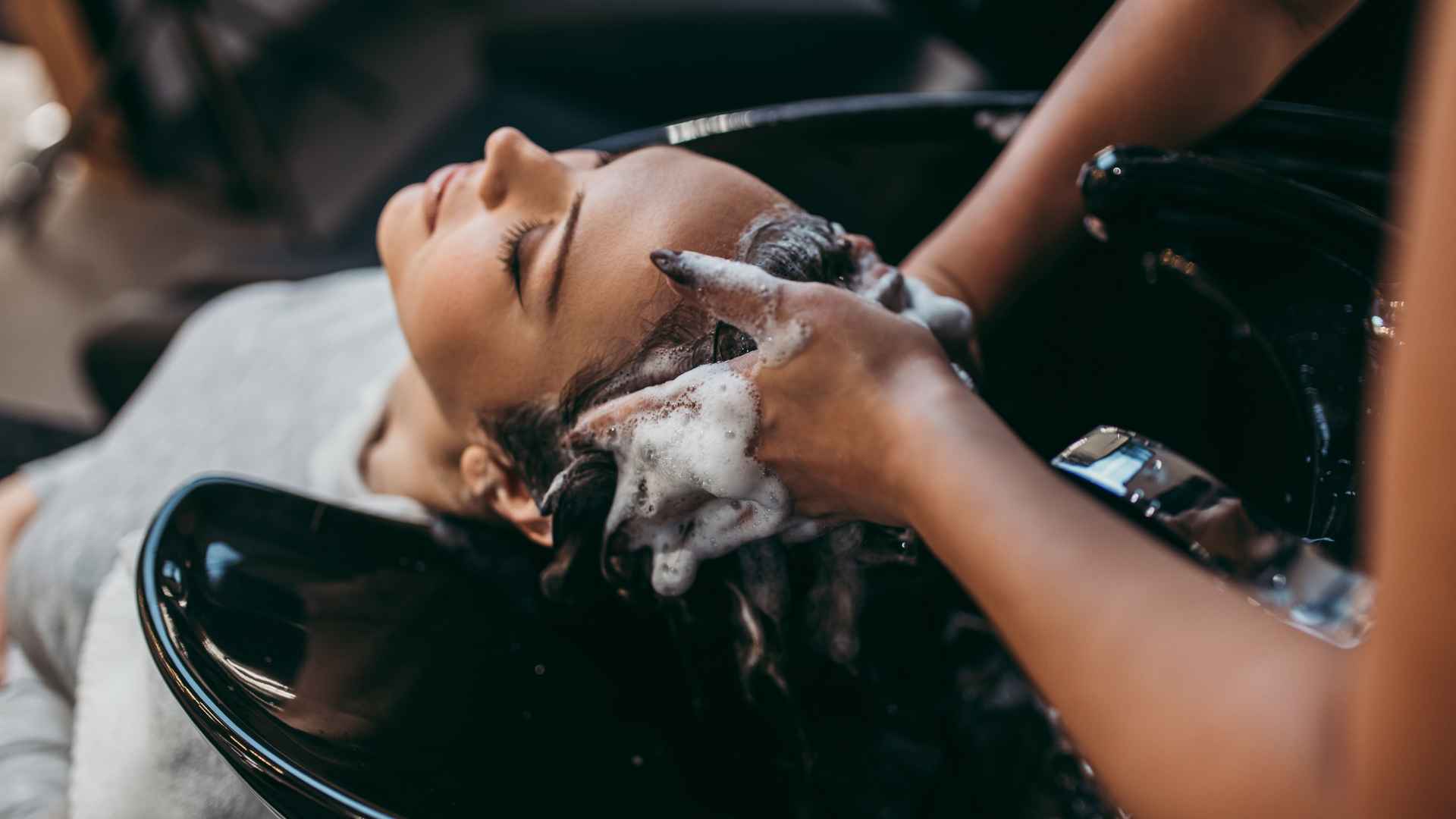
When it comes to the connection between creatine and hair loss, opinions among experts in the field vary. While some professionals acknowledge the theoretical potential for an interaction between creatine and hair follicles, others emphasize the lack of conclusive evidence. Here are some insights from professionals in relevant fields:
- Dermatologists: Many dermatologists acknowledge that the existing scientific research on the relationship between creatine and hair loss is limited. Some believe that there is no solid evidence to support the claim that creatine directly causes hair loss. They emphasize the importance of considering other factors, such as genetics and hormonal imbalances, when evaluating the potential impact of creatine on hair health.
- Nutritionists: Nutritionists often highlight the importance of overall nutrition and a balanced diet in maintaining healthy hair. They emphasize that factors such as nutrient deficiencies, inadequate protein intake, and poor overall diet quality can contribute to hair loss. While creatine supplementation may have potential effects, nutritionists recommend focusing on a well-rounded diet to support hair health, rather than singling out creatine as a sole factor.
- Sports Scientists: Sports scientists acknowledge the need for more comprehensive research specifically investigating the relationship between creatine, DHT, and hair loss. They highlight that individual responses to creatine supplementation may vary, as genetic factors and personal predisposition play significant roles. They recommend considering overall health and well-being when making decisions about creatine usage, including monitoring for any potential adverse effects and consulting healthcare professionals for personalized advice.
Significance of genetic predisposition and personal factors that may influence the impact of creatine on hair loss.
It is essential to recognize that individual variability and genetic predisposition play significant roles in how the body responds to different factors, including creatine supplementation. Some individuals may be more sensitive to hormonal changes or have a genetic predisposition to hair loss. Factors such as age, sex, hormonal status, and underlying medical conditions can also influence the impact of creatine on hair health.
Considering these individual factors is crucial when evaluating the potential effects of creatine on hair loss. What works for one person may not necessarily apply to everyone. It is important to approach the topic with an understanding that responses to creatine supplementation can differ from person to person.
In the next sections, we will provide practical advice for individuals considering or using creatine supplements, taking into account the available evidence, expert opinions, and the importance of considering overall health and individual variability in relation to hair health.
Watch Does Creatine Cause HAIR LOSS? Video
Top 5 FAQs and answers related to does creatine cause hair loss
Does creatine cause hair loss?
The relationship between creatine and hair loss is still not fully understood. While anecdotal reports and theories exist, scientific evidence is limited and inconclusive. Some studies suggest no significant impact on hair loss, but further research is needed for a more definitive answer.
Can creatine increase DHT levels and lead to hair loss?
Some theories propose that creatine may increase the conversion of testosterone to dihydrotestosterone (DHT), which is associated with hair loss. However, existing studies have not consistently shown significant changes in DHT levels with creatine supplementation. Further research is needed to establish a clear connection.
Should I be concerned about hair loss if I take creatine?
Hair loss is a complex condition influenced by various factors. While some individuals report hair loss while using creatine, it is important to consider other potential causes such as genetics, hormonal imbalances, and nutritional deficiencies. If you are concerned about hair loss, it is best to consult a healthcare professional for a thorough evaluation.
Can I take measures to minimize potential hair loss while using creatine?
If you are concerned about potential hair loss while using creatine, consider adopting healthy hair care practices. Ensure a well-balanced diet, including essential nutrients for hair health. Practice stress management techniques, avoid excessive heat styling, and maintain overall good health. It’s important to note that these measures may support overall hair health but may not directly address any potential link between creatine and hair loss.
Should I avoid creatine supplementation altogether to prevent hair loss?
The decision to use or avoid creatine supplementation should be based on individual circumstances and goals. If you are considering creatine, weigh the potential benefits for your fitness and performance goals against any concerns about hair loss. It’s always a good idea to consult with healthcare professionals, such as a doctor or nutritionist, who can provide personalized advice based on your specific needs and health profile.
Conclusion
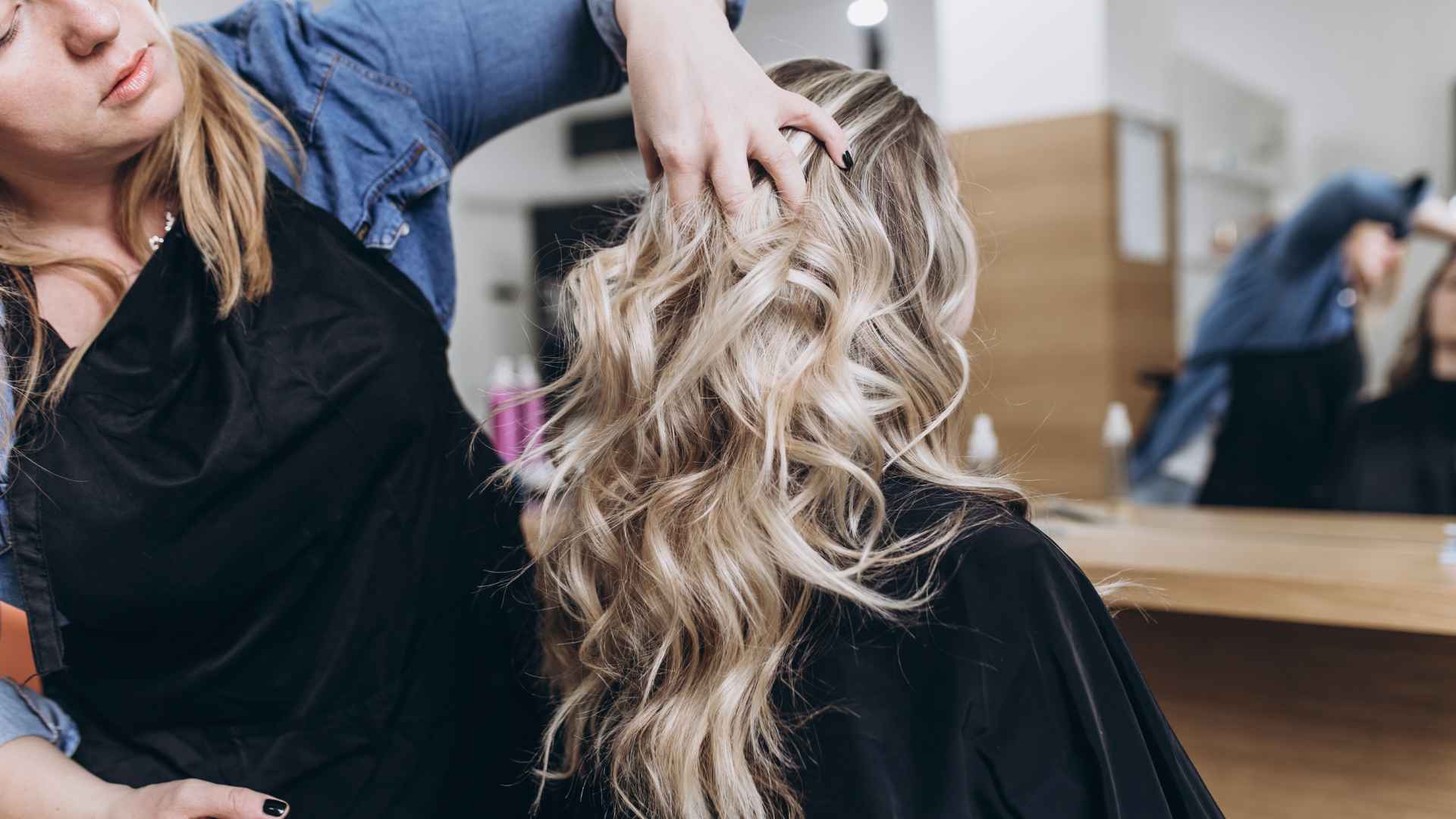
In this article, we have explored the topic of creatine supplementation and its potential connection to hair loss. While concerns have been raised regarding this relationship, it is important to note that there is currently a lack of conclusive evidence linking creatine supplementation directly to hair loss. Here are the key points discussed:
- Lack of Conclusive Evidence: The available scientific research on the specific relationship between creatine and hair loss is limited and inconclusive. Studies examining the effects of creatine on hormone levels, including DHT, have not consistently shown significant changes associated with hair loss.
- Individual Variability: Individual factors, such as genetics, hormonal balance, and overall health, can influence the impact of creatine on hair health. Responses to creatine supplementation may vary from person to person.
- Expert Opinions: Professionals in fields such as dermatology, nutrition, and sports science have differing opinions on the potential connection between creatine and hair loss. Some experts emphasize the need for further research and consider other factors, such as genetics and overall health, when evaluating the impact of creatine on hair health.
Given the lack of conclusive evidence, it is essential for individuals to make informed decisions based on their own research and consult with healthcare professionals before making any changes to their supplement regimen. Understanding individual variability, considering overall health and well-being, and monitoring for any potential adverse effects are important aspects to consider.
Remember that hair loss can have various causes, and if you are experiencing persistent or significant hair loss, it is advisable to seek professional medical advice for a comprehensive evaluation.
Ultimately, maintaining a balanced diet, practicing good overall health habits, and considering individual factors are crucial for promoting hair health.
Please share this Does Creatine Cause Hair Loss? Debunking the Myths Guide with your friends and do a comment below about your feedback.
We will meet you on next article.
Until you can read, Can Dandruff Lead to Hair Loss? Debunking the Myth Guide
